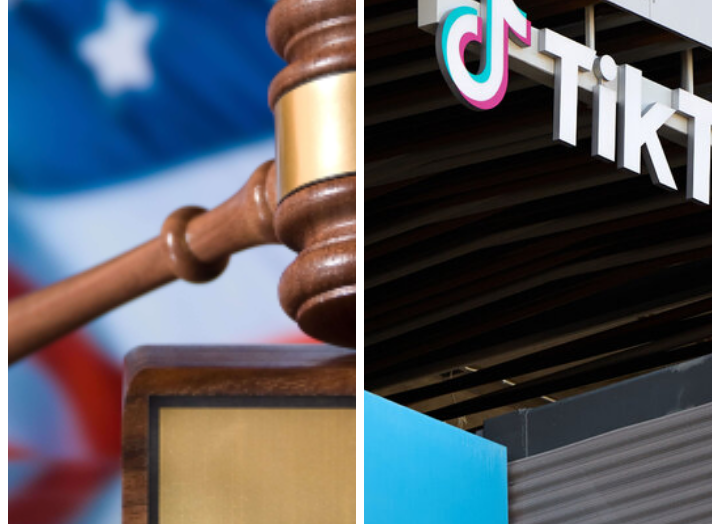TRUMP GRANTS TIKTOK 90-DAY EXTENSION, DELAYING SALE-OR-BAN LAW
President Donald Trump is set to grant TikTok another 90-day extension, delaying the enforcement of the sale-or-ban law. White House Press Secretary Karoline Leavitt confirmed that Trump will sign an additional Executive Order this week to keep TikTok up and running. “This extension will last 90 days, which the Administration will spend working to ensure this deal is closed so that the American people can continue to use TikTok with the assurance that their data is safe and secure,” Leavitt said in a statement. Trump has consistently stated that he doesn’t want TikTok to “go dark”. The decision marks Trump’s third extension of the ban, which was initially set to take effect on January 19 after being signed into law by former President Joe Biden. Despite the legislation passing with bipartisan support over concerns about TikTok’s Chinese ownership posing a US national security risk, Trump has chosen not to enforce the law. A potential deal to transfer majority control of TikTok’s US operations to American ownership was nearly finalized in April but fell apart after Trump announced additional tariffs on China. ByteDance, TikTok’s parent company, said any agreement would be subject to approval under Chinese law. Trump believes a deal would “probably” require approval from the Chinese government and expressed confidence that President Xi would ultimately approve it. “I think President Xi will ultimately approve it, yes,” Trump said. The extension allows TikTok to continue operating in the US for at least another 90 days, with 170 million American users able to access the app. The development comes amid tense trade talks between the US and China, where TikTok has become a bargaining chip.










































































































































































































































































































































































































































































































































































































































































































































































































































































































































































































































































































































































































































































































































































































































































































































































































































































































































































































































































































